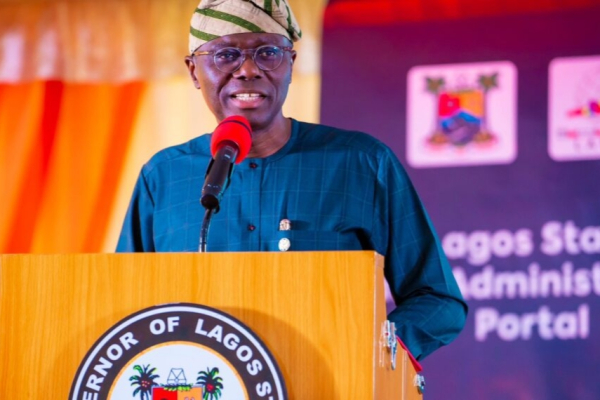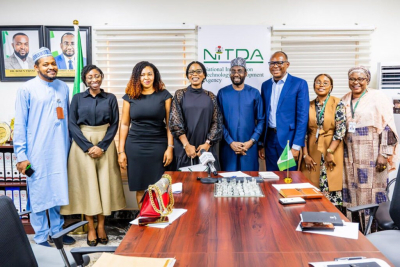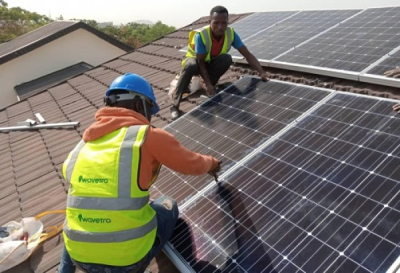The expanding digital economy in Africa is creating new wealth, prompting many governments to view it as a fresh source of revenue. In response, they are intensifying tax reforms to effectively capture this growing economic sector.
The Lagos State Government has unveiled an ambitious strategy to generate an additional N200 billion ($120.4 million) annually from the digital sector. This initiative includes the introduction of taxes targeting remote workers, foreign companies, and digital influencers. To facilitate this, the government plans to develop a Resident Global Digital Citizen Tax Management System.
The budget for this digital taxation initiative is estimated at N250 million ($147,000). It aims to capture revenue from approximately two million digital economy participants. This system will include the accreditation and licensing of digital economy operators, supported by an e-portal, a Marketplace, and a Recovery Platform.
The initiative to boost tax revenues from the digital sector is a key element of Lagos State's strategy to achieve N5 trillion ($2.94 billion) in Internally Generated Revenue (IGR). This plan is outlined in the EKO Revenue Plus Summit synopsis document, with the summit set to take place on September 25-26, 2024. The event will focus on exploring new revenue streams under the theme “Unlocking New Revenue Streams for Lagos State.”
In addition to the new tax measures, the Lagos State Government is also planning various investments to boost the digital sector's contribution to local finances.
Digitalization of Government Services and Data Monetization: Lagos State plans to develop a public data marketplace to license and monetize data from various government services. This initiative is expected to cost N500 million ($294,000) and potentially generate N50 billion ($29.4 million) per year.
Lagos State Fintech Hub: The state plans to establish a fintech hub to support digital payments, mobile money, lending, and crowdfunding. The projected budget is N5 billion ($2.94 million), with an estimated annual revenue of N100 billion ($58.8 million) from vendor transaction fees and platform services.
Lagos State Software Development Center: This targets a new hub focused on developing software solutions for finance, SMEs, and retail sectors. With a budget of N500 million ($294,000), the initiative aims to generate N150 billion ($88.2 million) annually from subscriptions and service fees.
Lagos State Digital Economy Acceleration Hub: This initiative involves selecting and developing 100 innovative startups through a hackathon and subsequent support, with an estimated cost of N12 billion ($109.2 million) and expected revenue of N100 billion ($58.8 million) per year from profit-sharing models.
Lagos State Advertisement Network: The creation of a state-owned advertisement network and approval management platform is anticipated. With a budget of N500 million ($294,000), the projected annual revenue is N15 billion ($8.82 million) from income fees and permits.
Blockchain and Tokenization Agenda: Lagos State plans to implement tokenization for real estate, infrastructure, and intellectual property. This project will require N500 million ($294,000) and aims to generate N100 billion ($58.8 million) annually from income fees and permits.
Collaboration with FGN on Digital Service Tax (DST): The state plans to work with the Federal Government to implement DST, generating revenue from global digital platforms operating in Nigeria. This collaboration has a budget of N750 million ($441,000) and is projected to bring in N50 billion ($29.4 million) annually.
This comprehensive approach underscores Lagos State's commitment to leveraging technology and innovative revenue mechanisms for substantial financial growth. In Q4 2023, Nigeria’s Information and Communications Technology (ICT) sector made a significant impact on the country’s economic performance, contributing 16.66% to the real Gross Domestic Product (GDP), according to the National Bureau of Statistics (NBS). This substantial contribution highlights the increasing importance of the ICT sector in Nigeria's economy and its vital role in driving economic growth and stability.
Hikmatu Bilali



















